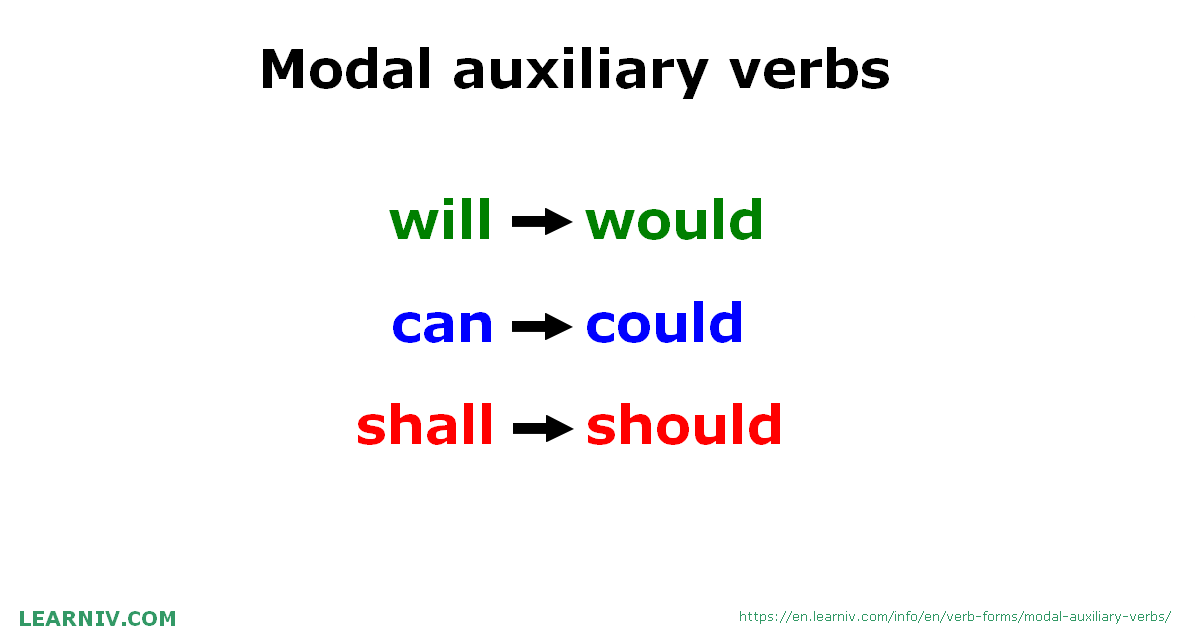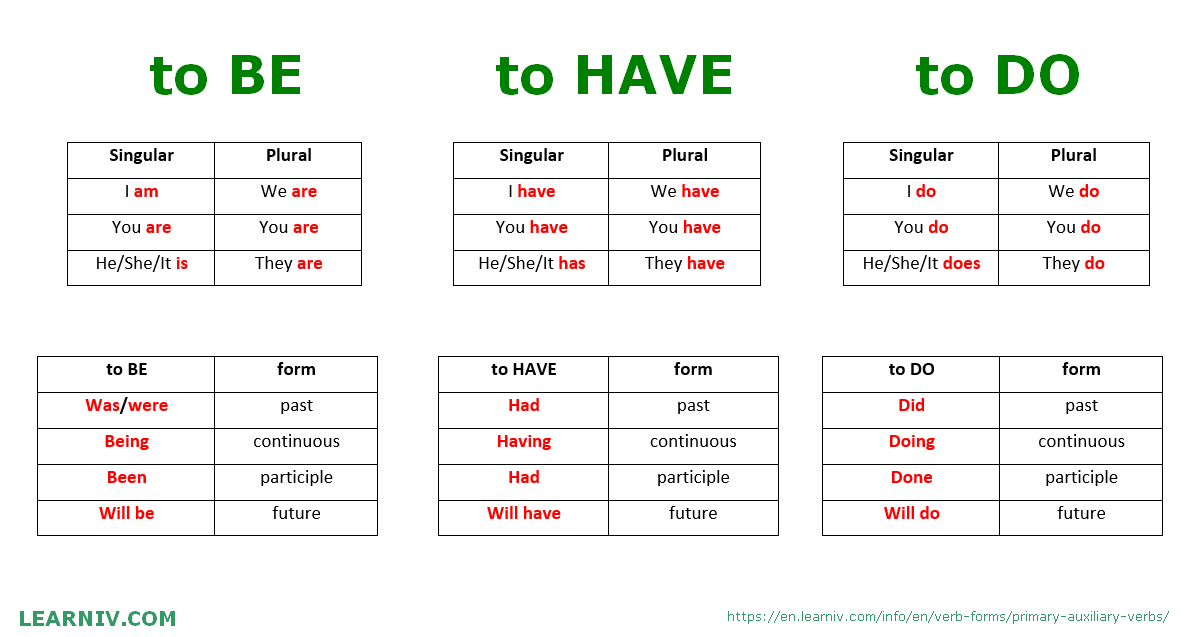The helping verb “have” plays a crucial role in expressing various aspects of actions, states, and experiences. As a primary auxiliary verb, it enables the formation of perfect tenses, indicating completed or ongoing actions in relation to the present or past. Additionally, “have” is utilized to create the perfect progressive tenses, showcasing continuous actions that… Continue reading Auxiliar / Helping verb HAVE / HAS
Auxiliar / Helping verb HAVE / HAS
10/10 - (4 votes)




